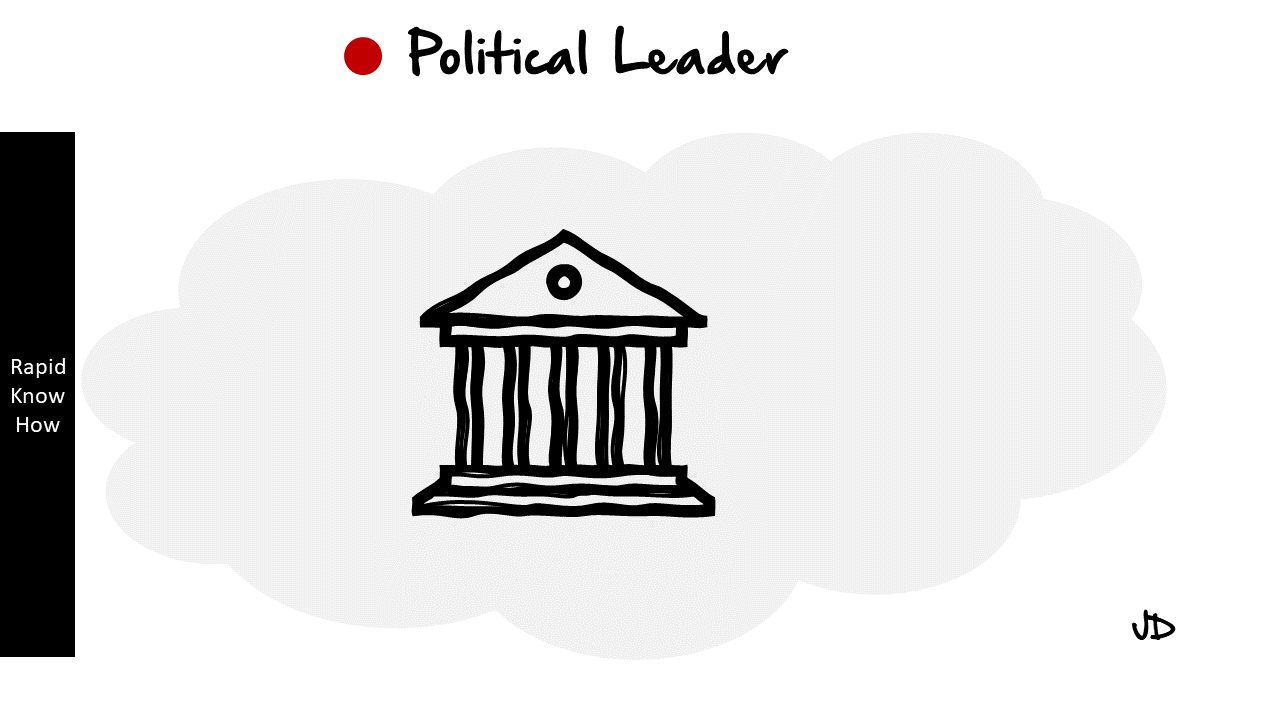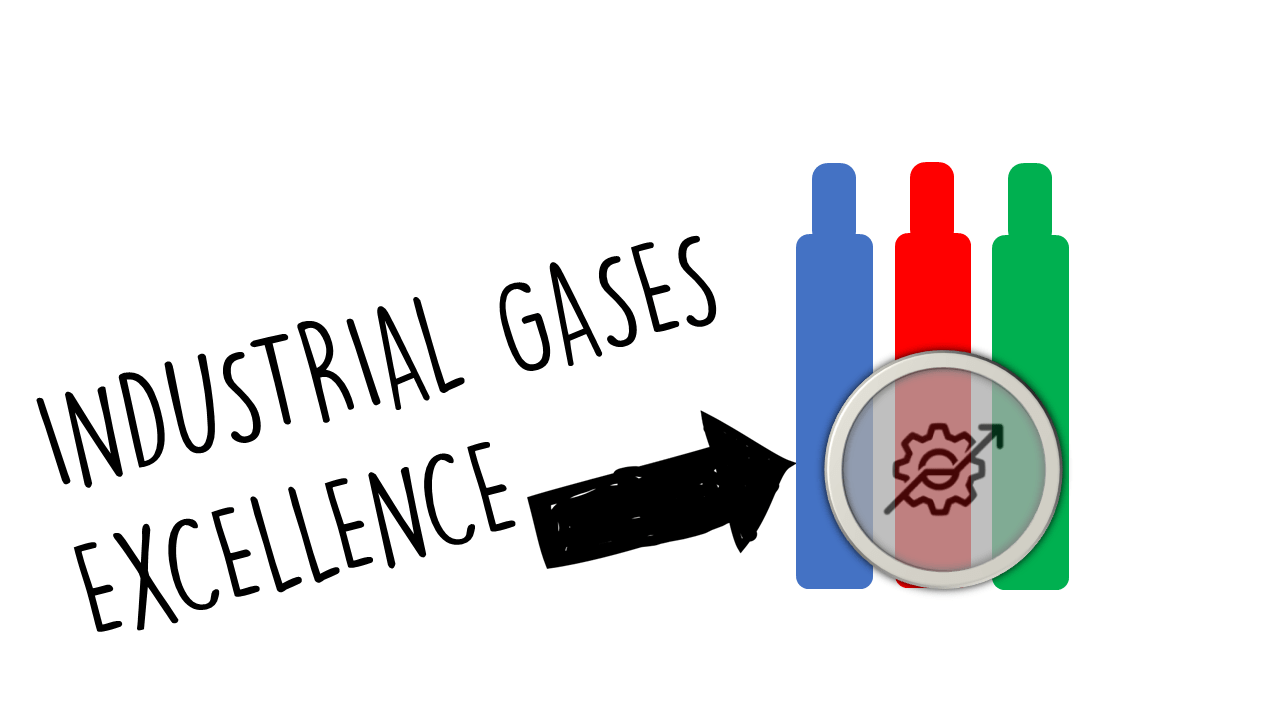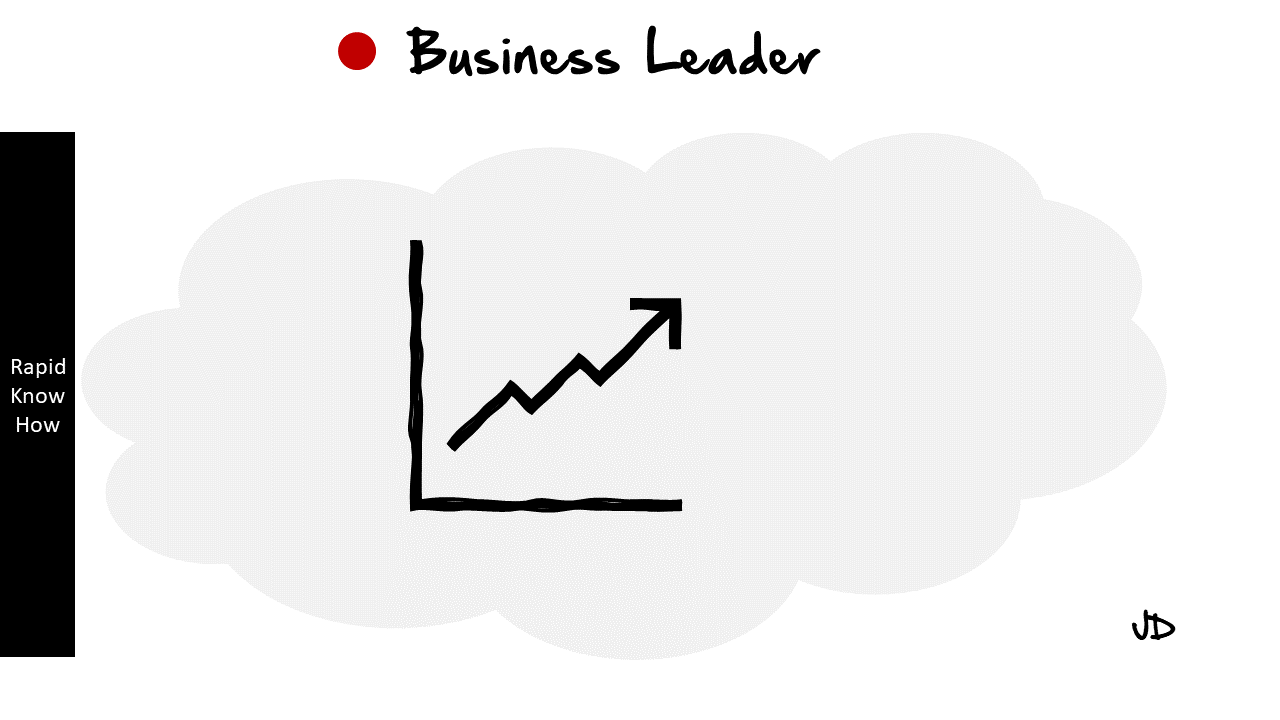**The Political Education Ecosystem: An Overview**
The political education ecosystem refers to the interconnected network of institutions, organizations, and individuals that contribute to the political education of citizens. This ecosystem encompasses a wide range of entities, including schools, universities, non-profit organizations, community groups, media outlets, and online platforms. Each component plays a vital role in shaping individuals’ understanding of political processes, civic responsibilities, and the importance of active participation in democracy.
Describing the Political Education Ecosystem
At its core, the political education ecosystem is designed to foster informed citizenship. It includes formal educational institutions such as high schools and universities that offer courses on political science, history, and civics. Additionally, informal education occurs through community organizations that host workshops or discussions on current events and civic engagement. Media outlets—both traditional and digital—also play a crucial role by providing news coverage and analysis that informs public opinion.
Moreover, social media platforms have emerged as significant players in this ecosystem. They facilitate discussions among citizens and provide a space for grassroots movements to gain traction. The diversity of voices within this ecosystem ensures that various perspectives are represented, contributing to a more comprehensive understanding of political issues.
Why the Political Education Ecosystem Works
The effectiveness of the political education ecosystem lies in its multifaceted approach to learning. By combining formal education with informal learning opportunities and media engagement, it caters to different learning styles and preferences. This diversity allows individuals to engage with political content in ways that resonate with them personally.
Furthermore, the ecosystem thrives on collaboration among its various components. Educational institutions often partner with community organizations to create programs that enhance civic engagement. Non-profits may work alongside media outlets to disseminate information about voter registration or upcoming elections. This synergy amplifies the reach and impact of political education efforts.
How the Political Education Ecosystem Works
The functioning of the political education ecosystem can be understood through several key processes:
1. **Information Dissemination**: Various entities within the ecosystem share information about political issues, electoral processes, and civic responsibilities through multiple channels—classroom instruction, community events, social media campaigns, etc.
2. **Engagement Opportunities**: The ecosystem provides numerous avenues for individuals to engage with politics actively. This includes attending town hall meetings, participating in advocacy campaigns, or joining local civic organizations.
3. **Critical Thinking Development**: Educational institutions emphasize critical thinking skills by encouraging students to analyze different viewpoints on political issues. This helps cultivate informed citizens who can engage thoughtfully in public discourse.
4. **Feedback Mechanisms**: The ecosystem allows for feedback from participants regarding their educational experiences and needs. This feedback can lead to improvements in programs and initiatives aimed at enhancing political literacy.
Benefits of the Political Education Ecosystem
The benefits of a well-functioning political education ecosystem are manifold:
– **Informed Citizenry**: A robust ecosystem equips citizens with the knowledge necessary to make informed decisions at the ballot box and beyond. – **Increased Civic Engagement**: By fostering an understanding of civic duties and rights, individuals are more likely to participate in democratic processes. – **Diverse Perspectives**: The inclusion of various voices within the ecosystem promotes a richer dialogue about political issues.
– **Resilience Against Misinformation**: A politically educated populace is better equipped to discern credible information from misinformation or propaganda.

Leaders of the Political Education Ecosystem
Leadership within the political education ecosystem is distributed across various sectors:
– **Educators**: Teachers and professors play a crucial role in imparting knowledge about government systems and civic responsibilities.
– **Non-Profit Organizations**: Groups focused on voter education or civic engagement often lead initiatives aimed at increasing participation among underrepresented populations.
– **Media Professionals**: Journalists and content creators help shape public discourse by providing accurate information about current events.
– **Community Leaders**: Local activists and organizers mobilize citizens around specific issues or causes, fostering grassroots engagement.
Conclusion
In conclusion, the political education ecosystem is an essential framework for nurturing informed citizenship in democratic societies.
By integrating formal education with informal learning opportunities across diverse platforms, it effectively engages individuals in understanding their roles within a democracy.
The collaborative nature of this ecosystem enhances its effectiveness while providing numerous benefits such as increased civic engagement and resilience against misinformation.
As society continues to evolve politically and technologically, maintaining a robust political education ecosystem will be vital for fostering active participation in democracy for generations to come.





